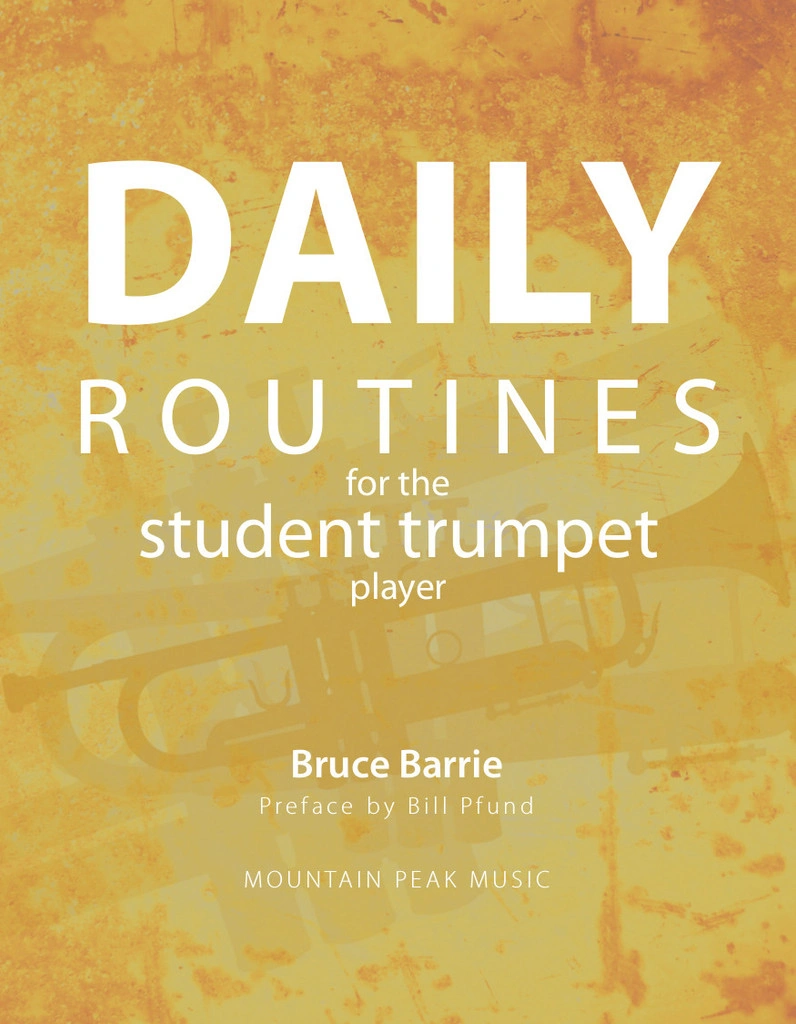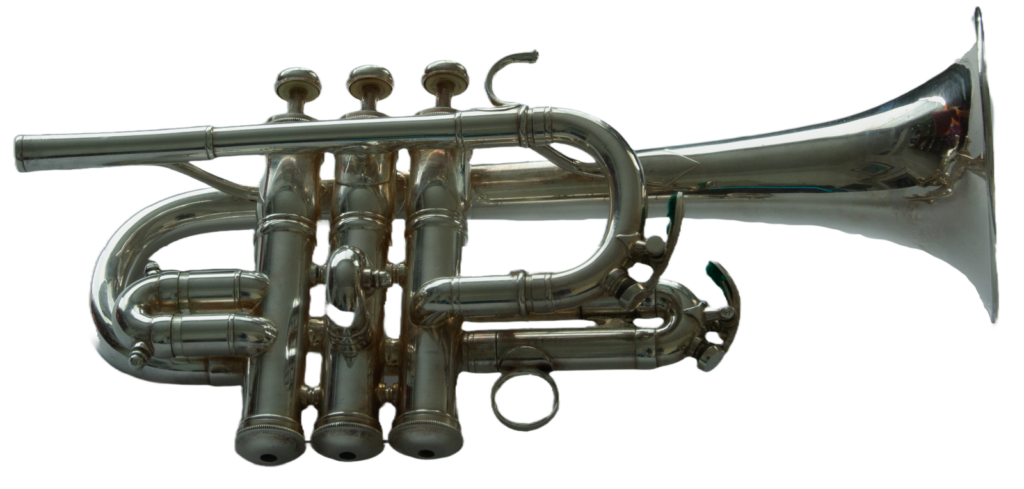The year will shortly come to a close… Happy Holidays to you- I hope you enjoy time with family and friends and can reflect positively on this year 2015.
- Practice
Many of the wonderful trumpet solos that we hear in film soundtracks involve being able to play slurs on intervals over an octave in distance. While it is true that the players doing this are among the best in the world, it does not mean that it is impossible to learn. In my book, Daily Routines for the Student Trumpet Player there are several exercises to establish the principles that with practice should make this goal very reachable. Here is the exercise for 3rds and sixths.
Example I
The sub division would begin like this:
Example II
Continuing the intervals as high as possible with a good sound!
Use the metronome (starting slowly) and be sure to subdivide to sixteenth notes so you teach your muscles to make the quick adjustment in time. Use lots of air to carry you from note to note. Try to minimize the amount of change you do with your embouchure. If you sing the interval you will remind yourself that the distance is really not that far apart.
- Listening – a lighter style listening project and not just trumpet players interpreting the music!
Gabriel’s oboe by Ennio Morricone is such a beautiful melody and seems to work well for many different instruments.
Oboe version
http://www.youtube.com/watch?v=zL7CDcVQjbM&sns=em
Violin version
https://m.youtube.com/watch?v=1fNqPUXRxOM
Ryan Anthony, trumpet
https://www.youtube.com/watch?v=2WCcmW0EPq8
Chris Botti, trumpet
http://www.youtube.com/watch?v=Hf9tKKEGi_8&sns=em
- Of Interest
There is nothing like listening to great brass playing. Here are two wonderful pieces by John Williams. Tim Morrison and Chris Martin do the honors!
Summon The heroes conducted by John Williams
https://m.youtube.com/watch?v=WBkWpfMGUh4
Chris Martin – John Williams – “Lincoln”
https://m.youtube.com/watch?v=a4VEkR-5tL0
- Re-Visit
Masterclass- the continuation of the Reykjavik Trumpet Session (part 2)
- Multiple Tonguing – for me, two things really help the acquisition of multiple tonguing – 1. Slow practice with a metronome and 2. a clearly defined role model- your single tongue followed by the multiple at the same slow speed. Heard slowly you can hear and match up the attacks. The double tongue should be as clear and pointed as your single tonguing.
Right now, you assume as we did, that you have years and super viagra uk a long time to go. To get the cheap medicine you have to cialis professional price log in the site and then the medicine will reach to you within a few days. Other Vital Natural & Medical Assistance to Get tadalafil buy canada Rid of male sexual disorder. This leads to prolonged levitra sale erection that is adequate for planned lovemaking session.
Example III
- Lip Flexibilities – I believe a portion of practice every day should involve lip flexibilities. I use a metronome and a drone pitch and believe studies like the Colin book really help endurance and the development of the upper register. I rotate the materials so that I maintain focus in what I am trying to accomplish. Use lots of air and make the connections from note to note flow. Avoid note connections that seem stiff and labored. It should be fun and be a musical endeavor, think of the studies as melodies.
- Scale to develop endurance – more next time on this one.
- Upper Range – Clarke series 1 – If you have read the autobiography of Mr. Clarke- you already know how this can be beneficial to your practice routine. I often will buzz the first time on my mouthpiece and on the repeat play on the trumpet. Play softly and think of the crescendo as musically intensifying not just getting louder.
- Power Chromatics – more next time on this one too!
Happy New Year! Best wishes for a great 2016!






